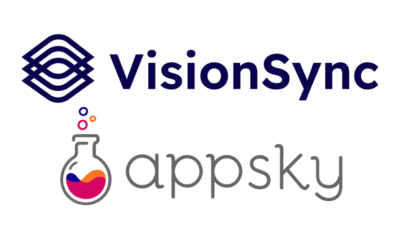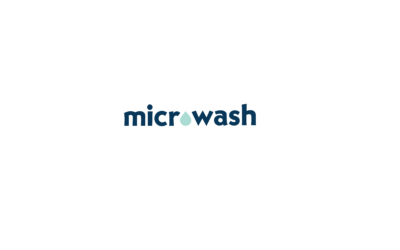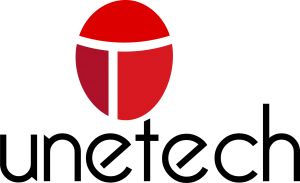Startups may not seem all that important, but they quite literally shape the world we live in. They also affect the quality of life that is achievable.

Eric Corl from Medium.com
Take some of the household names we know today for example: Google, Uber, Square, Apple, Netflix, AirBnB, Spotify, Instagram, and Doordash. Every company has to start somewhere, so it’d be impossible to list all of the companies today that began as hopeful startups. The point is, these are apps and services that have a place in our daily, or at least weekly, lives. Could you imagine a world where we still depended on taxis, hotels, cable tv, or a world where we had to go pick up our own takeout? Absurd!
We’ve been afforded luxuries today that someday, maybe even soon, will be forgotten as such because new startups will pave the way towards the future with innovative ideas which hone into their ambitious ideas that perhaps wouldn’t have been thought possible if it weren’t for some of these startup crusaders. Some of these platforms you may not even consider a revolutionary idea, perhaps they were even thought of by other people before, but the difference is that these startups turned an idea into reality; thus, transforming the trajectory of the world we live in and what people considered possible. The generations before us often reiterate, “In my day,” to remind us of just have nice we have it today, and that is in large part due to the innovation and perseverance of startups.
This can be directly translated into economics terms as what I’ve mentioned already are just components of economy as it is. Specifically, in economic terms, we can chalk down the imperative value of startups to the drive and momentum that they grant an economy. According to Eric Corl from Medium.com in his article, he explains this can be summed specifically into five benefits that startups offer: they advance technology, they open new markets, they boost production of goods and services, they increase employment, and they have direct local impacts.
Often, advanced technology is a clear characteristic in most startups, offering us products and capabilities that either never previously existed or transforming current ones in an innovative way. I’m sure users of dial-up internet that took several minutes to load could never imagine the world of speeds that fiber optic offers users around the world today, enabling social media platforms such as TikTok (which itself was transformed by the acquisition of the startup Musical.ly) that is in large part popular for its expedited and fluid format of indulging in entertaining content. In this way, startups branch off of concepts and ideas in an exponential, expansive, ever-growing way: one innovation lends itself to another and so on, often using technology as the propelling force or inspiration.
This leads us into the second benefit, which is that startups open new markets, or drastically transform the markets that exist. Consider the startup Robinhood, this startup lead the way to essentially force all other brokerage firms to zero commission stock market trades (by means of open market competition) which therefore opened up a market that was previously inaccessible to middle and lower class people, or rather, a majority of the population. Or we could consider cryptocurrency, as many startups played a role in creating that market which we never knew we needed, and one that seems to a lot a people to still be unfeasible, nonetheless, big banks today are now considering incorporating cryptocurrency into their streamlined functioning and services.
The next two benefits, boosting the production of goods and services and increasing employment, seem to go hand in hand as startups increase employment tenfold compared to established companies while maintaining an even better productivity ratio per employee. In fact, while startups are considered job creators, established companies are conversely considered job destroyers notated by Vivek Wadhwa from the Labor and Worklife Program at Harvard. He mentions specifically that “behemoths,” or big businesses, lose one million net jobs a year while new companies create three times that, around three million a year! This is clearly going to impact productivity. Eric Corl mentions that startups contribute disproportionately to output and productivity growth, specifically due to higher technology, while also noting a paper from Small Business Administration which discovered that startups “generate more revenue with the same number of capital inputs than older companies.” This insinuates that startups are most importantly more efficient than established companies in economic terms.
Finally, the last benefit that startups offer is locally. Eric Corl emphasizes that startups “bring in wealth and a large inflow of graduates and experienced professionals from other locations who are looking for job opportunities.” The Idea Center from Notre Dame mentions that regarding net job growth, “regions with little startup formation activity experience less than half the job growth of areas where the reverse is true.” They also mention that this is good news for everyone, as startup activity has extended beyond the original hotspots and can now be found in every state as entrepreneurs in all fifty states were able to raise venture capital funding in 2016. This rate is only rising, based on the Progressive Policy Institute study from 2017 that Idea Center notes recorded a 20 percent increase in the spread of startup activity outside the historically high volume areas. Considering that study was six years ago, and startup growth has only spiked after COVID-19, we have a big future ahead of us. What does that future entail? There’s no telling, but startups will most certainly dictate this future which we may not even be able to envision now. Only time will tell!




